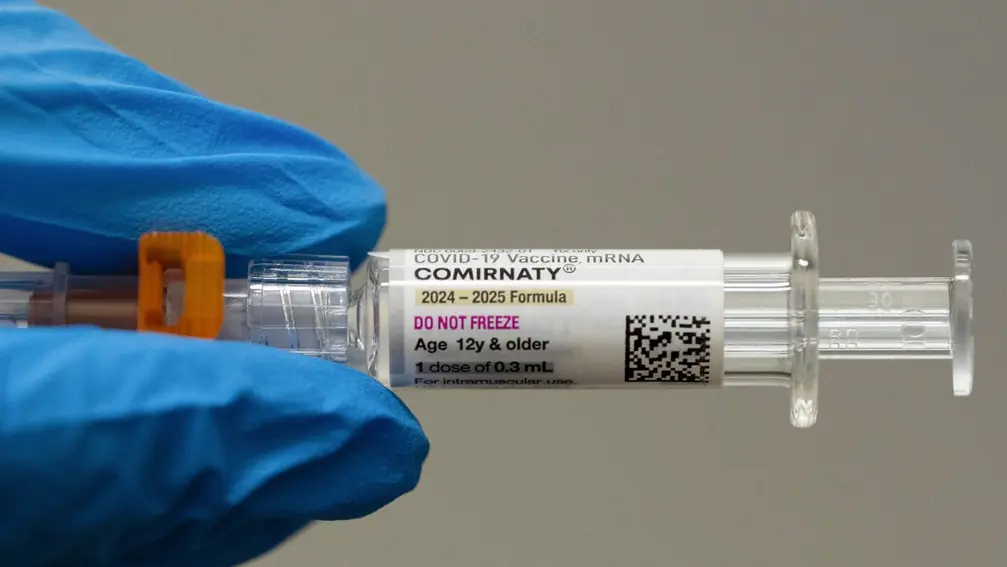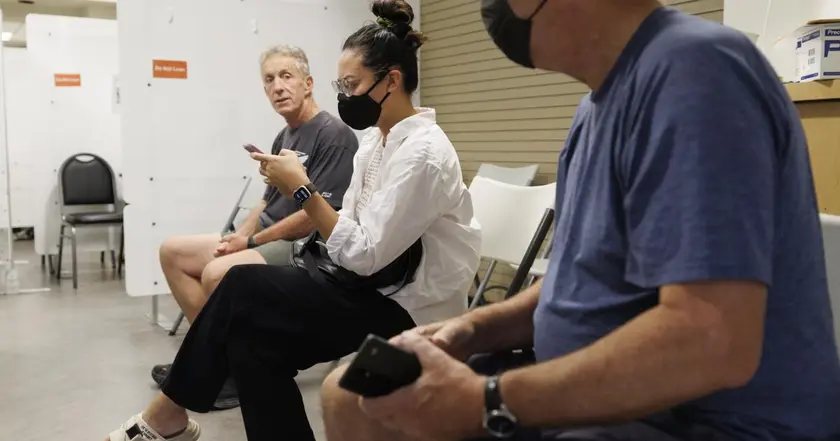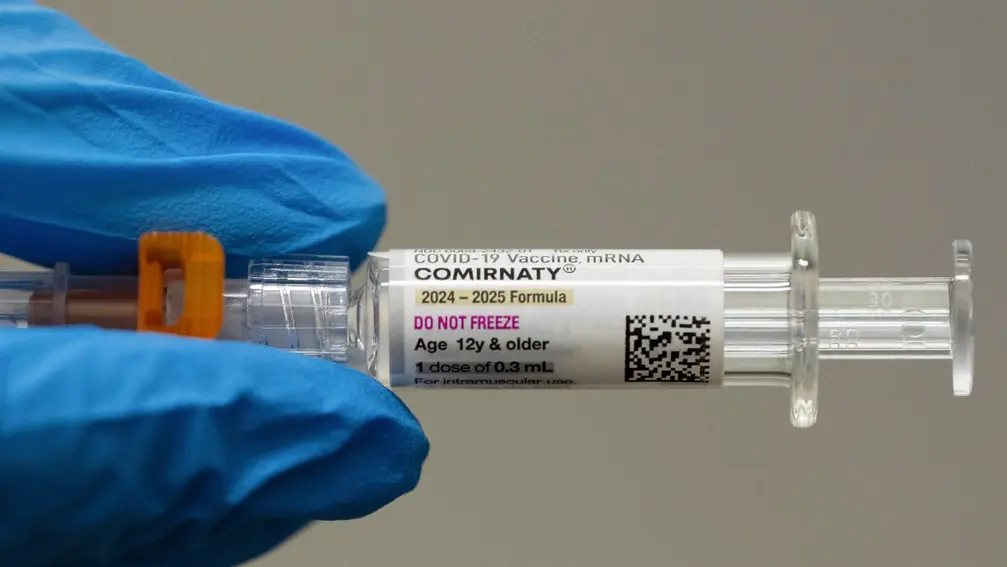T4K3.news
Summer COVID activity rising
COVID-19 activity is increasing in many states this summer along with the Stratus variant; vaccines remain effective.

COVID-19 activity is rising in many states this summer while overall respiratory illnesses remain low.
Summer viruses meet rising stratus variant
COVID-19 activity is rising in many states this summer, even as overall visits for respiratory illness stay low. CDC data show moderate COVID-19 activity in wastewater and an uptick in emergency department visits across age groups, with the Stratus variant now the most common in the United States and under monitoring by the WHO.
Experts say the summer spread depends as much on behavior as on weather. Outdoor time and good ventilation help, while long indoor time with air conditioning can raise risk. Health officials advise considering booster timing based on personal risk and plans, and families with young children should consult doctors amid ongoing policy debates around pediatric vaccines.
Key Takeaways
"Vaccines still protect against Stratus."
Vaccine effectiveness against the dominant variant.
"Outdoors and better ventilation reduce transmission."
Environmental controls reduce risk during summer.
"Booster timing should fit personal risk and travel plans."
Medical guidance on when to boost.
"Public health messaging must cut through politics and noise."
Editorial note on communication challenges.
The piece shows how a summer uptick in COVID-19 sits alongside a generally low burden of flu and RSV. It also highlights the tension between scientific guidance and political rhetoric when it comes to vaccines. The story suggests readers weigh personal risk, seasonality, and behavior in deciding protections.
Looking ahead, the thread is clear: clear, consistent public health messaging and flexible vaccine strategies will matter as the country moves toward a possible winter surge.
Highlights
- Vaccines still protect against Stratus
- Outdoors and better ventilation reduce transmission
- Booster timing should fit personal risk
- Public health messaging must cut through politics and noise
Political sensitivity around vaccination guidance
The article references statements by public officials on pediatric vaccination and frames the issue within political debate, which could affect public trust and reaction.
Health guidance will keep evolving as data shift and the season changes.
Enjoyed this? Let your friends know!
Related News

COVID-19 cases increase in California

Wastewater signals indicate rising COVID spread

Rising COVID-19 cases reported during summer

Covid-19 cases rise across the US

Covid data prompt new wave concerns

New COVID Variant Stratus Emerges with Unique Symptoms

COVID peak could reshape fall precautions
